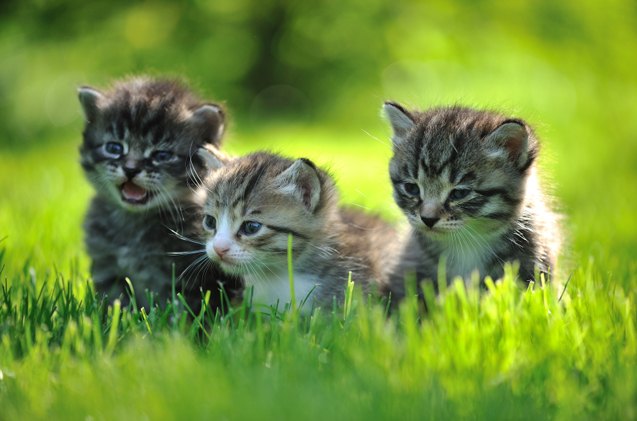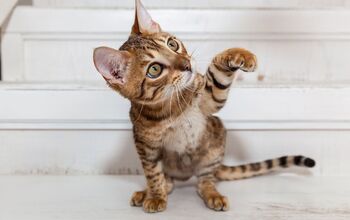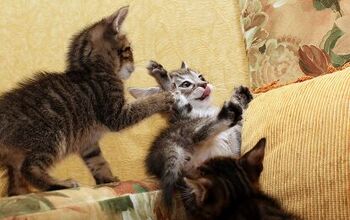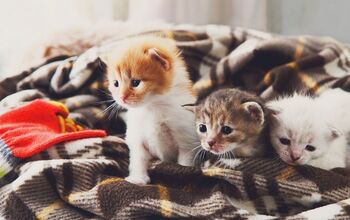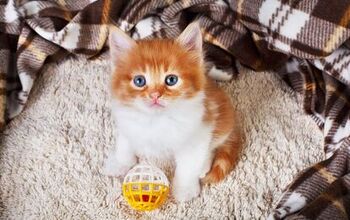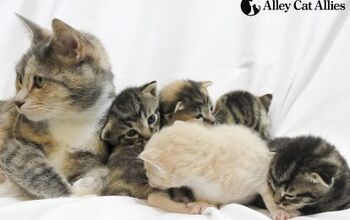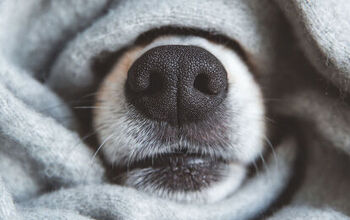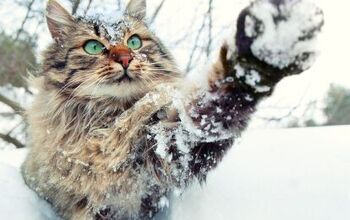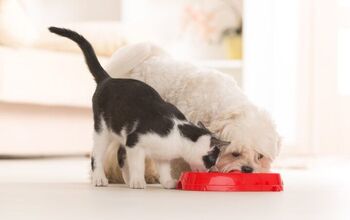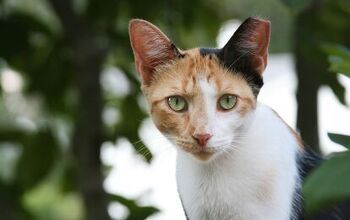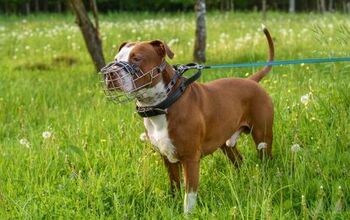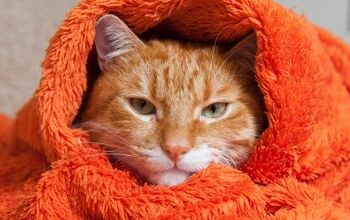The Stages of Kitten Development

Kittens grow quickly, so if you have the pleasure of fostering or being around a litter of newborns, you definitely want to really take in the experience and enjoy it while it lasts. Knowing what the different stages in kitten development are will allow you to ensure all of his needs are met and that he will grow up to be strong and healthy.
Below is a quick overview of the main stages in a kitten’s development, along with tips to ensure these babies will be well socialized and healthy enough to be placed in their new forever homes once they’re ready to be adopted.
Related: How To Calm A Hyper Kitten
Newborn to 2 Weeks: Neonatal, Dependent Stage
Newborn kittens are totally dependent upon their mothers because they’re born blind, deaf, and unable to regulate their own body temperature. They also can’t urinate and defecate without being stimulated to do so by their mother. Therefore, it’s imperative that newborns stay with their moms for the first few weeks of life. This will not only ensure their survival, but the mother will also be able to teach her kittens how to interact with one another and with humans so that they’ll be friendly and adoptable.
2 Weeks to 7 Weeks: Socialization Stage
Around the two-week mark, the kittens’ eyes will begin to open but vision will not be perfect just yet. By the third, fourth, and fifth weeks, their senses will continue to develop. Vision will improve, they will be able to hear well, and their sense of smell will also be strong. You will also notice their baby teeth coming in by the fourth week.
Related: How to Bond with Your New Kitten
This is the stage during which kittens learn to walk and they begin to socialize more with their littermates, taking playtime seriously as they learn the skills they will need to survive on their own. This is also the time during which you should begin litter training the kittens, with the help of their mother, of course. And you will also notice that they have begun grooming themselves and are more interested in the introduction of soft foods specially formulated for kittens as they begin to wean off of their mother’s milk.
7 Weeks to 12 Weeks: Playtime and Exploration Stage
Between the seventh and twelfth weeks, your litter of kittens will be more playful than ever and will be increasingly willing to explore on their own. By eight weeks, they should be fully weaned and eating solid foods on their own as well.
Because your kittens will be ready to play, take advantage of this time to increase the level of interaction with these babies. Remember, the more they enjoy being handled at a young age, the more likely it is that they will grow up to be well-adjusted felines who appreciate the companionship of a human. This will also make them ready for adoption, which is recommended after the kittens have been completely weaned and have had plenty of time to learn from their mothers and littermates, usually at around 12 weeks.
3 Months to 6 Months: Independence Stage
By this stage, your kittens have gotten a lot bigger and are a lot more aggressive in the way that they play and interact with one another. They are really learning how to explore on their own and establish a hierarchy with their littermates, other companion animals, and even people. This is the appropriate time to let your kittens know that you are the boss. Many vets also recommend neutering or spaying your kittens at around 6 months of age.
Watching kittens grow is a fun experience. In order to ensure that they’ll all be able to find homes, it’s important to interact with them at every stage of their development while also being certain their mother has everything she needs to stay strong and healthy as she nourishes them with her milk and trains them to be the best cats they can be.

Lisa Selvaggio is a freelance writer and editor, and our resident cats-pert, with certifications in pet nutrition and pet first aid. She enjoys producing content that helps people understand animals better so they can give their pets a safe and happy home.
More by Lisa Selvaggio



